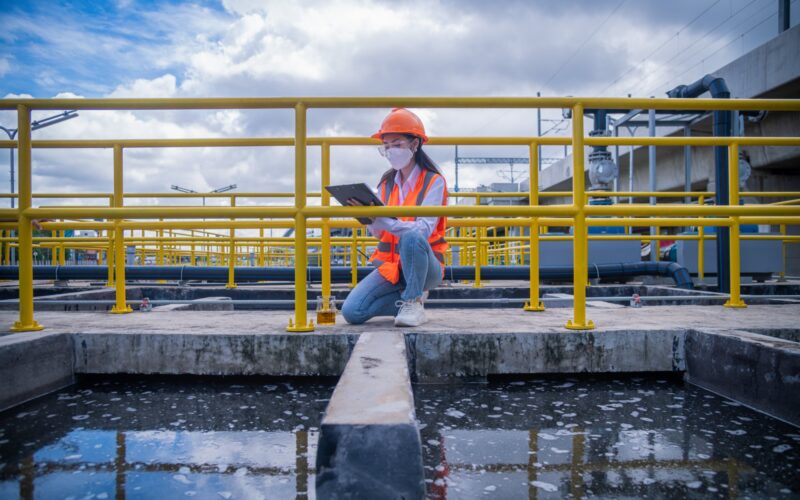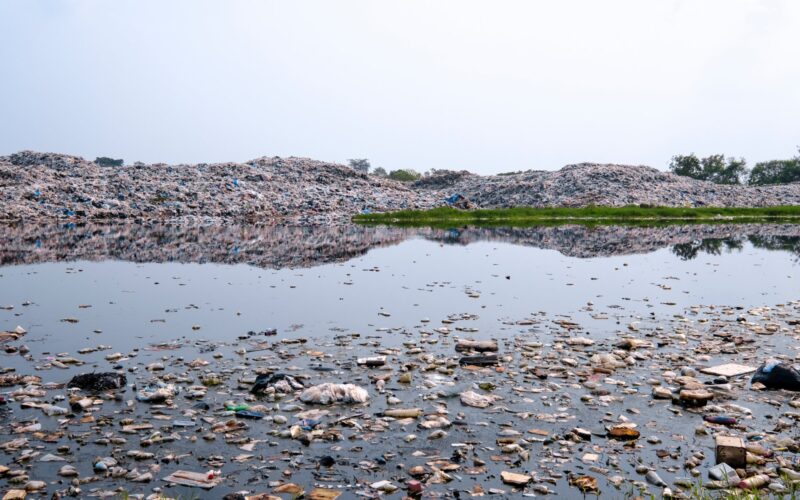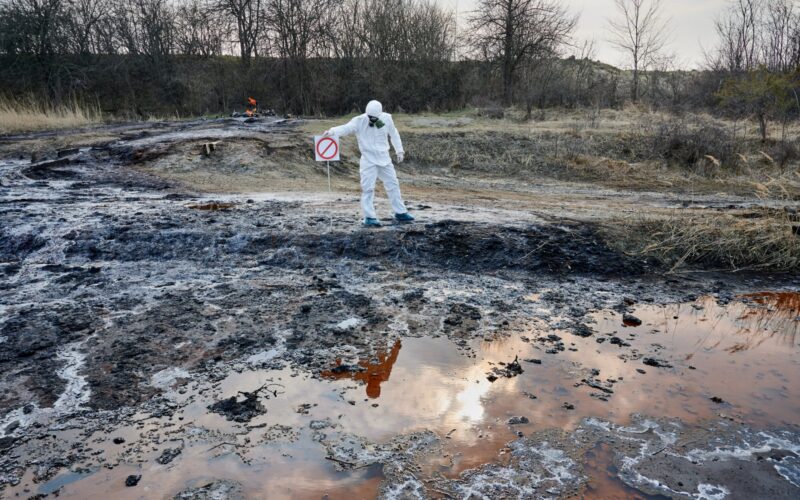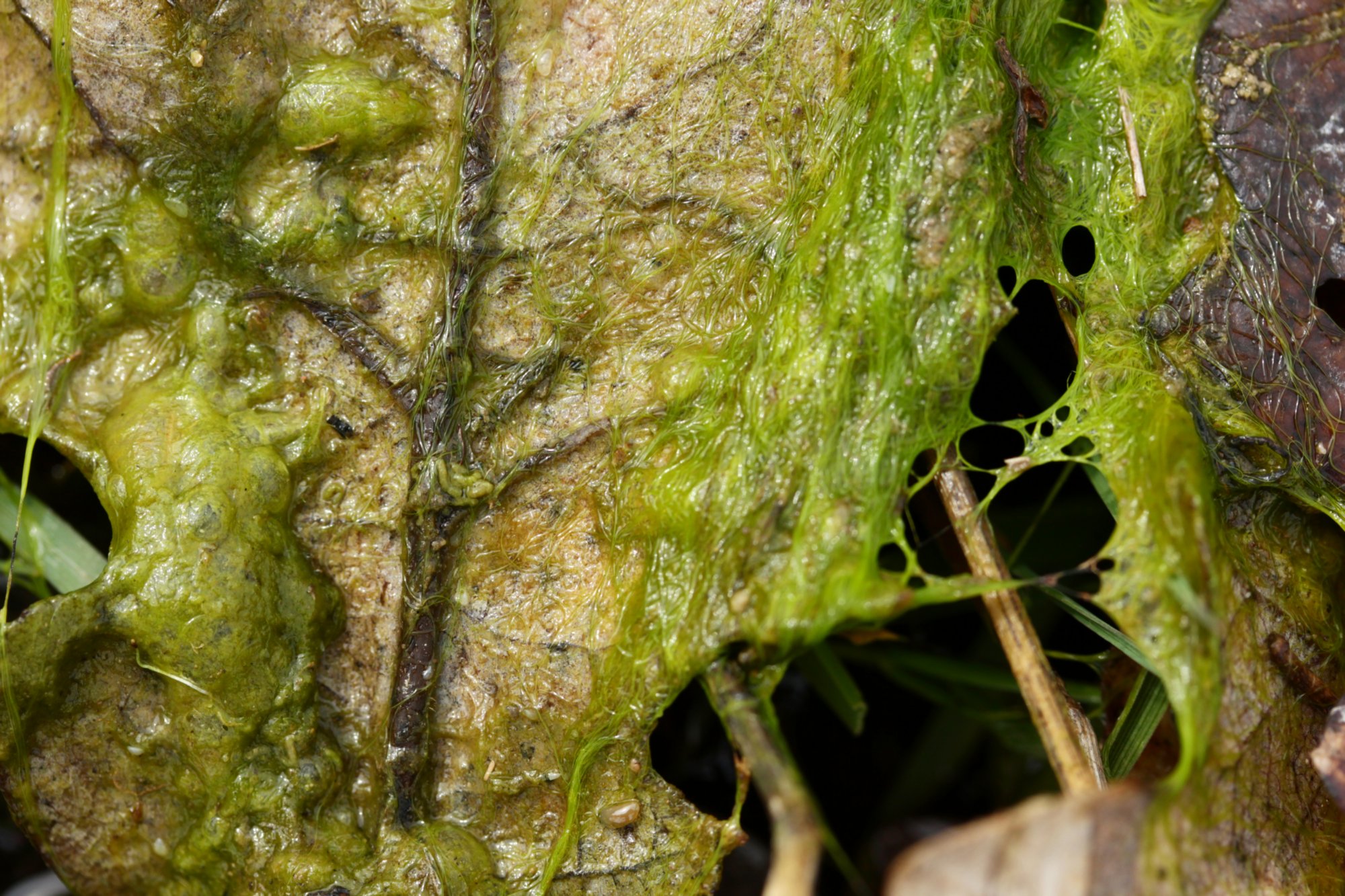

Wastewater Treatment Odor Control
Wastewater treatment facilities play a crucial role in ensuring the proper management and treatment of wastewater before it is released back into the environment. However, one significant challenge that these facilities often face is the control of unpleasant odors generated during the treatment process. Odors can be a nuisance for nearby communities and can potentially pose health risks if not effectively managed. That’s where our wastewater treatment odor control solutions come into play.
Effective Wastewater Odour Control Solutions
The process of wastewater treatment odor control involves various techniques and strategies aimed at minimizing or eliminating the generation and release of foul odors. These odors typically result from the decomposition of organic matter, such as sewage in the wastewater. The goal is to implement measures that reduce or neutralize the odor-causing compounds, providing a more pleasant environment for both facility workers and the surrounding community.
One common approach to odor control is the use of physical barriers. Physical barriers, such as covers and enclosures, are installed in areas where odor emissions are likely to occur. These barriers help contain the odorous gases and prevent their release into the atmosphere. By confining the gases, the potential for odor complaints and health hazards is significantly reduced.
Chemical treatment is another widely employed method for odor control. Chemical agents, such as oxidizing agents, are added to the wastewater to react with and neutralize the odor-causing compounds. These chemicals can effectively break down the organic molecules responsible for the foul odors, thereby reducing their concentration and eliminating the unpleasant smell. Commonly used chemicals include chlorine, hydrogen peroxide, and ozone.
Biological treatment methods are also utilized for odor control in wastewater treatment. Biofilters, for example, are commonly employed to remove odorous gases. A biofilter consists of a bed of organic material, such as wood chips or compost, which serves as a medium for microbial growth. As the odorous gases pass through the biofilter, microorganisms present in the medium degrade the compounds, effectively eliminating the odor. Biofilters are known for their effectiveness, cost-efficiency, and environmentally friendly nature.

In addition to these primary odor control measures, wastewater treatment facilities may also implement secondary measures to further mitigate odors. These can include the installation of ventilation systems to remove and dilute the odorous gases, the use of activated carbon filters to adsorb the odorous compounds, and the implementation of air scrubbers that chemically react with the odorous gases to neutralize them.
To ensure effective odor control, regular monitoring and assessment of odor levels are crucial. Wastewater treatment facilities employ odor monitoring techniques to quantify and analyze the intensity and composition of odorous emissions. This information helps in evaluating the efficiency of odor control measures and identifying areas that require further attention or improvement.
By implementing a combination of physical, chemical, and biological measures, facilities can effectively minimize or eliminate foul odors generated during the treatment process. These measures not only improve the working environment for facility personnel but also contribute to the overall well-being of the surrounding communities. Continuous monitoring and assessment of odor levels ensure that the implemented odor control measures remain efficient and effective over time. Through diligent odor control practices, wastewater treatment facilities can operate in a more environmentally friendly and socially responsible manner.

At Probiosphere, we offer a diverse range of services aimed at addressing environmental challenges and providing sustainable solutions. Our team of experts in microbiology, enzymology, engineering, chemistry, and biotechnology collaborate to deliver innovative and effective services tailored to your specific needs.
From wastewater treatment and remediation to ecological restoration and pollution control, we have the expertise and experience to tackle various environmental issues. Our services encompass comprehensive analysis, solution design, implementation, and ongoing support to ensure optimal results.
With a commitment to white biotechnology and a focus on sustainable practices, we deliver environmentally friendly solutions that minimize ecological impact and promote long-term sustainability. We prioritize the use of appropriate microbes and enzymes, avoiding genetic manipulation and offering natural alternatives for effective environmental management.
Other related services

Algae Water Treatment
Combat algae growth and restore water quality through our advanced algae treatment solutions, promoting ecological balance and sustainable water management practices.
Combat algae growth and restore water quality through our advanced algae treatment solutions, promoting ecological balance and sustainable water…
Let’s work together
At Probiosphere, we believe in the power of collaboration to drive meaningful change. Join us in our mission to create a sustainable future by working together. Whether you are a municipality, a business, or an organization facing environmental challenges, we offer tailored biotechnology remediation solutions to address your specific needs. Together, we can design and implement innovative solutions that not only mitigate environmental impacts but also contribute to lower carbon footprints and promote eco-friendly practices